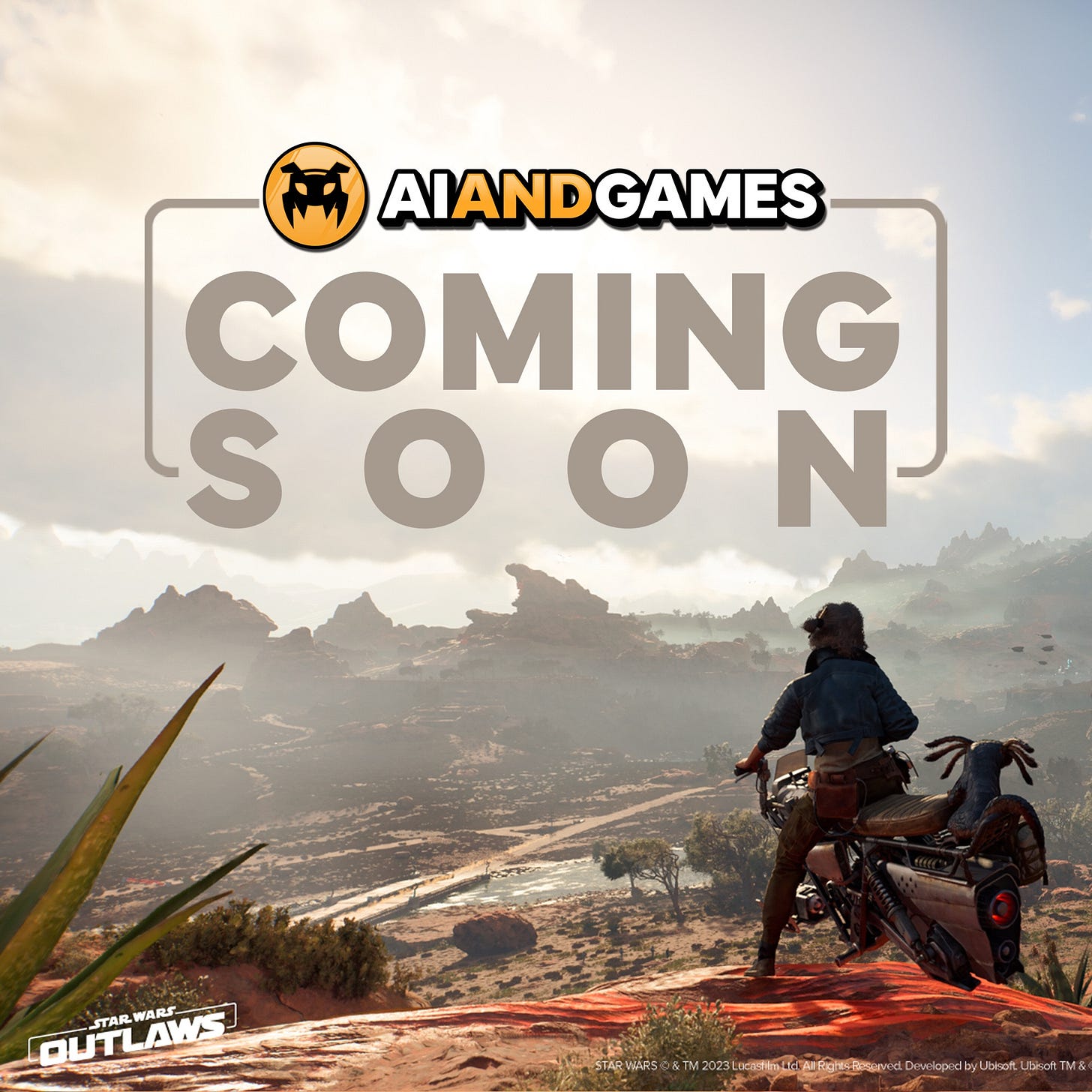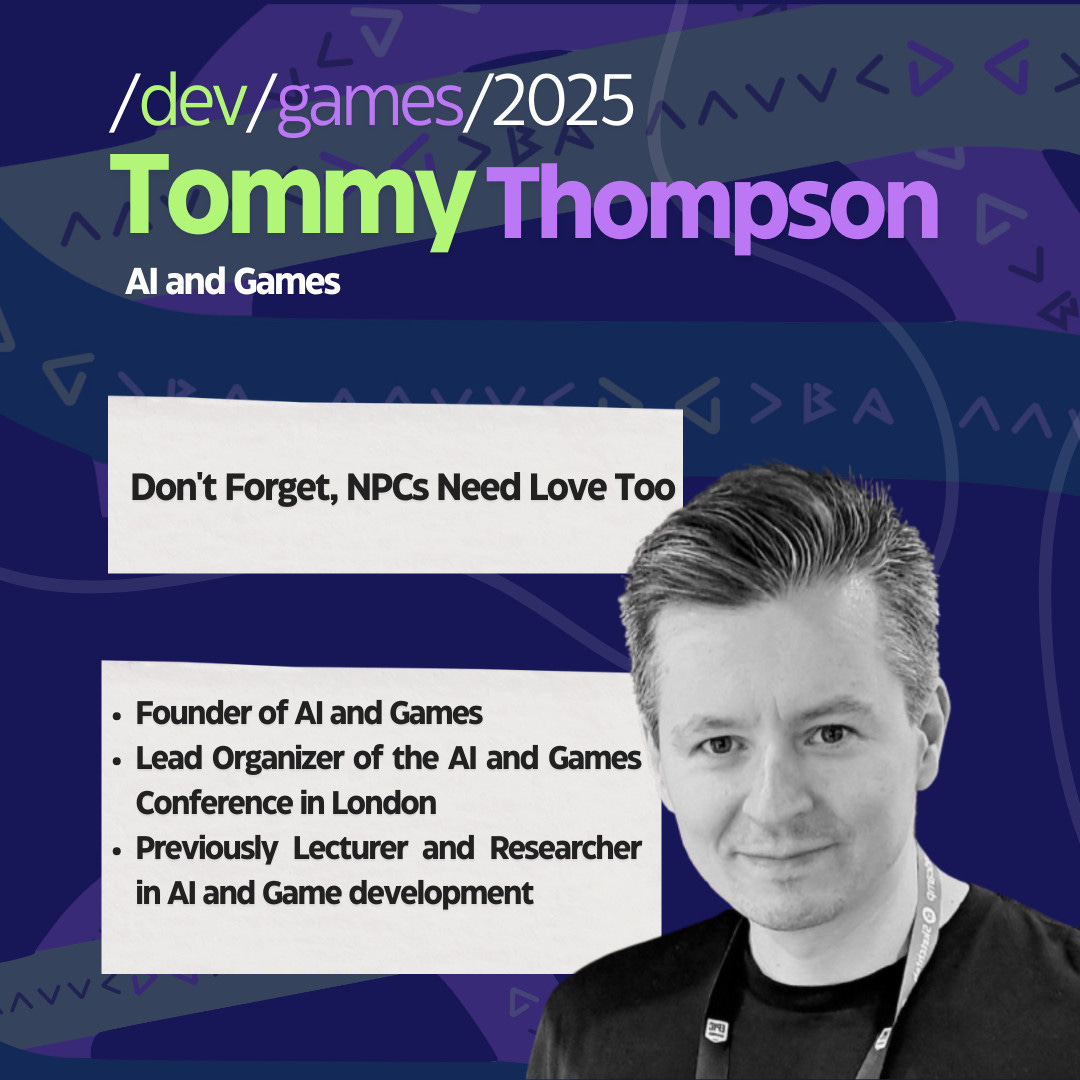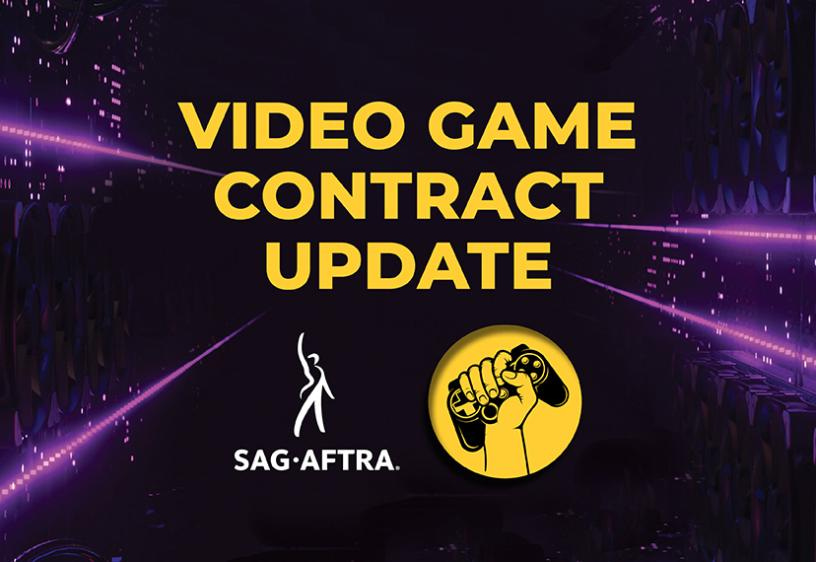Researcher's Digest: Google's SIMA | 14/05/25
Plus Nintendo responds to generative AI accusations, a SAG-AFTRA update, and copyright updates in the US, and the UK
Welcome to the AI and Games Digest. The monthly edition of the newsletter where I discuss topics outside of the scope of our regular issues. In addition to our regular announcements and news stories, each issue digs into books, articles, games, and videos that intersect in part, or in full, with the AI and Games remit, plus games I’m playing and answering questions form the community.
You can read part of each digest issue for free, and then catch the rest with a paid subscription to AI and Games.
Hello all and welcome back to the lastest edition of the AI and Games newsletter! This is my final write-up before I take a well-deserved week off. I’m actually extending my little break to return on June 4th - otherwise I get home from vacation and then have like… a day to write the next issue. But we’ll be back with as we jump into a bumper couple of months of speaking engagements, fun newsletter topics and announcing some fun projects coming your way later in 2025. As always your support of our shenanigans is greatly appreciated.
But for now lets talk about today’s issue, which includes:
Updates on the Data Bill reading in the UK AI copyright debate from last week.
SAG-AFTRA’s latest (final?) offer in their ongoing strike action.
Nintendo responds to accusations of use of generative AI.
An update from the US courts on their AI copyright situation.
Plus our main topic: we dig into arguably the big games/AI project by Google DeepMind last year: SIMA. What it’s all about, why is it interesting, and what impact could it have in the broader scheme of things?
Follow AI and Games on: BlueSky | YouTube | LinkedIn | TikTok | Twitter | Threads
Announcements
Some quick announcements of what’s happening in and around AI and Games.
Catch Livestreams on Twitch and YouTube
For anyone who enjoys a bit of banter and checking out some fun games, I’ve been back to my weekly streams now that GDC is the rear view mirror. In the past couple weeks we’ve made a complete playthrough of the BAFTA-winning Thank Goodness You’re Here, started a run of Clair Obscure: Expedition 33, and returned to our ongoing run of Aliens: Dark Descent. I jump on stream on Thursday evenings around 7/8pm (UK time). So yeah, come hang out with the community for some banter.
AI and Games #80 on Star Wars Outlaws Coming Soon
Given it was Star Wars day, we announced this was coming soon back on May 4th via our socials, but we didn’t share it on the newsletter. Tune in later this month foe a deep dive into the use of machine learning in Ubisoft’s Star Wars Outlaws.
While we’re taking a break on the newsletter until June 4th, you can expect this to pop up in your subscriber feeds by the end of the month!
Next Speaking Engagement: /dev/games/2025
As mentioned already, I’ll be flying out to speak at /dev/games/2025 in Rome on June 5th-6th to talk about the current state of game AI technology. Looking forward to it. Tickets for the event - and livestream - are on sale now.
AI (and Games) in the News
It’s all very serious and political in the news this week, but lets run through the latest stories that have an impact on the games industry.
US Copyright AI Update Could Be DOA
At the turn of the month the US Copyright Office (USCO) released a pre-publication version of part 3 of their report on copyright in an age of AI, with a focus on generative AI training. The full report, is over 100 pages long, but the main takeaways are:
The US Copyright Office has largely spoken out in favour of copyright holders in terms of their protections. Which would have a massive impact on AI litigation.
The USCO agrees that training AI models on copyrighted information is ‘transformative’ in nature, meaning it has potential to be potentially considered as falling under ‘fair use’. But with some very significant caveats!
This caveat is that one needs to consider the ‘degree of transformativeness’ of AI. This is a really salient point, given they are highlighting that a significant disparity must exist between the data being trained, and the data being generated.
For example, a generative model that is trained on internet articles, books etc. as means of content moderation would be considered transformative use.
However, training on that data to then build a system that generate text akin to those sources is not valid.
i.e. ChatGPT would not be considered a valid use case.
The office believes that many of the arguments raised by AI companies that generative AI training does not punish/hurt copyright holders is misleading and incorrect.
Use of pirated datasets (e.g. the ongoing Meta legal action for using pirated books) should weigh against any fair use considerations.
The USCO sees significant negative impacts to the US economy for creative sectors:
Lost sales as a result of LLMs being used to regurgitate copyrighted assets.
“Why buy the book when I can get AI to just clone it for me?”
Lost licensing opportunities for rights holders to make money from this use of their work.
The most interesting point - one that I have argued before - is the risk of market dilution. That generative models can flood the market with derivative works (e.g. books, art, videos, games) and this has an overall net-negative affect on the existing markets they’re derived from.
Imagine the ‘asset flipping’ phenomena on Steam, but 1000% worse.
However, hold off on your excitement. While I could easily make an entire issue about this topic, it might no longer be valid! Less than 24 hours after this pre-publication version made its way around the internet, the Trump administration fired Shira Perlmutter - the head of the Register of Copyrights and in turn the person steering this report. While the White House has not made any official comment, you can’t help but draw two-and-two together: the Copyright Office’s consensus seems to be very much at odds with the major technology players who have worked hard to earn support from the government for relaxing legislation in pursuit of their AI goals.
Games Companies Publish Their Last (Final?) Offer to SAG-AFTRA
It’s been 8 months since our breakdown of the SAG-AFTRA strike - and 300 days since the action began - and sadly little progress has been made since then. There’s been smaller sign offs across the sector, but the final demand have yet to be addressed: AI usage and protection of works in their adoption.
At the end of April the group of games publishers that are on the other side of the team - including the likes of Activision, Take 2 Interactive, WB Games, and Insomniac - submitted their “best and last” offer to SAG-AFTRA. As detailed both in the original document, and clarified by SAG-AFTRA themselves, there has been some concessions from games companies in providing better affordances. But critically, it does not appear that all of the union’s demands have been met.
SAG-AFTRA themselves condemned the companies’ “attempt to sow confusion in the community by releasing misleading rhetoric about our ongoing negotiations.” A broader response to this is yet to be published.
The UK Government Backs Down from Protections
This week we have not one but two updates following our issue on the recent developments in the AI copyright debate. The Data (Use and Access) Bill went back to parliament last week and went through a series of votes to reinforce/secure or remove amendment clauses - largely introduced by the House of Lords.
The bad news is that virtually all of the copyright protection amendments that would protect IP rights holders were defeated and removed when put to a vote. Including:
Removing a clause that would enforce compliance of copyright law by web-crawlers (i.e. bot web scrapers used for AI training).
i.e. It’s okay for OpenAI to steal your information on your website (see the Ziff Davis lawsuit issue from a couple weeks back).
Removing a clause that would not only require disclosure of bots used to scrape websites owned by UK copyright holders, and would also enforce that stopping bots from scraping websites will not negatively impact their search listings on websites.
Removing a clause that would force bot scrapers to comply with the 2023 Online Safety Act in areas of transparency and disclosures.
Removing the need to report on mechanisms that copyright owners may use to prevent web crawlers from stealing their work.
TL;DR? It’s a mess, and another step towards the country committing perhaps the biggest act of self-harm it possibly can apply to the creative industries it proclaims to love. The bill is now going through consideration of the recent amendments such that it can move towards royal assent (i.e. it becomes law).
The second, is that the government is taking (another?) kneejerk reaction to the recent success of the far-right Reform ground gaining seats in council elections. No. 10 has stated their plan to tighten immigration rules to make them “controlled, selective and fair”. Interestingly, if you work in AI then it will certainly work in your favour, as the government has stated they seek to “reward contribution” of immigrants to the country’s strategic goals. Meaning if your in health, engineering, and - you guessed it - AI, then that will be perceived as more 'valuable’ in the eyes of the government.
Does this mean that game AI programmers, you might find it easier to get a job in the UK? Hopefully they don’t dig into the details to find out what you actually do for a living.
Nintendo Denies Using AI-Generated Art in Mario Kart World Tour
A weird story that’s been simmering away online, comes courtesy of the recent Nintendo Treehouse livestream as the team at Nintendo of American showcased the upcoming Mario Kart World Tour.
Viewers had started raising concerns that some of the artwork in the billboards shown during this footage (one of which shown below, courtesy of Eurogamer) was AI generated. Nintendo have previously spoken of their disinterest in using generative AI technologies, and have double down on this assertion stating "AI-generated images were not used in the development of Mario Kart World”.
There’s a broader debate to be had of whether this is true, or if the ongoing proliferation of generative technologies are poisoning our collective ability to speak about art, be it the composition of it or our (dis)interest in it. But it speaks to both my point last year of how consumer backlash towards AI will continue to grow as they see it as reducing the quality of the products they’re interested.
The thing that I found interesting about this story? That Nintendo felt it necessary to respond to it. It’s not often the Big N deem it necessary to comment on speculation, but this warranted a response from a press enquiry? Ninty are a smart bunch, and see the potential for negative sentiment at a time of a big product launch as a big risk factor to mitigate.
Researcher’s Digest: Making AI Research Accessible!
Alrighty time for our big story of the week, and we continue with a new issue of the research digest. For new readers, each research digest issue takes a look at work happening in research spaces - be they corporate or academic - and provides a more accessible read of the material such that you understand what it’s all about, and why it’s interesting - from my perspective at least!
In our inaugural issue, we looked at the recent work published by Microsoft on the World Human and Action Model (WHAM), which is a generative AI architecture designed to simulate the behaviour of existing games. I have summarised this work on a much higher level in a separate newsletter issue, but this was a reading of the research publication found in Nature, which had a very different perspective and agenda from how the work was more broadly communicated.
The Google SIMA Project
For this issue, we’re looking at something very different. Perhaps one of the most interesting yet largely overlooked pieces of corporate AI research in games in 2024: Google DeepMind experimenting with agents (i.e. AI systems) that can learn to become general-purpose game players that respond to human instruction.
A High-Level Summary
Let’s start with a brief summary of what the paper is all about. The key points:
Google were interested in building a system that can use human language to better understand how an AI agent can handle perceptions and actions in complex 3D environments.
The team use a variety of research testbeds alongside well-known commercial video games including No Man’s Sky, Teardown, and Satisfactory.
The SIMA system is trained to interpret visual data from games alongside text input from the human user to translate it into sequences of actions (mapped to keyboard and mouse interactions).
Evaluating the performance of the system was complicated, given they rely purely on visual data from the commercial games, meaning they often had to evaluate performance manually.
The end-results are promising, impressive, but still rather limited. With SIMA performing well in some scenarios versus others. Speaking both to the challenge of interpreting human language in these game environments, and the complexity of the games themselves.
It’s clear there is not only scope for this work to continue, but for it to enable more research in this field.
We discuss what impact this could have on the games industry.
Alright, let’s get dig into the details…













